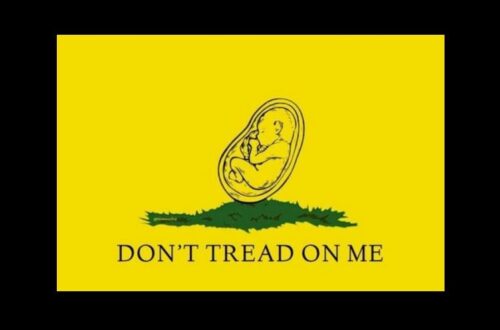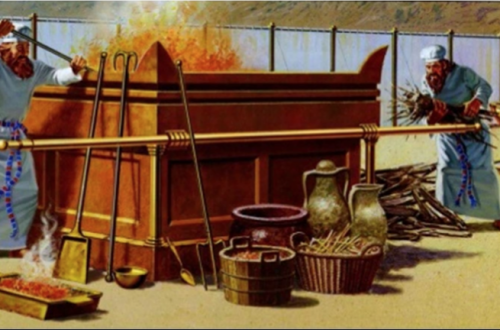The One Thing
In the 1991 western comedy, City Slickers, Mitch Robbins (played by Billy Crystal) meets a grizzled cowboy named Curly Washburn (played by Jack Palance). Mitch and his two pals are being led by Curly on a two-week cattle drive from New Mexico to Colorado. Mitch hopes the excursion will give him a chance to find some purpose in his life.
During one memorable scene, Curly and Mitch are alone on the trail riding their horses.[1] Unexpectedly, Curly turns to Mitch and asks, "You know what the secret to life is?" The city slicker shrugs his shoulders and responds, "No. What?"
Curly lifts up his index finger and says, "This." Mitch, with a puzzled look, responds, "Your finger?" Next, Curly looks directly at Mitch and dead pans, "One thing. Just one thing." Curly follows up by exhorting Mitch to maintain his focus on the "one thing."
Mitch still isn't sure what Curly means. So, Mitch raises his index finger and says, "That's great. But what's the one thing?" Curly smiles and states to Mitch, "That's what you've gotta figure out." With that, the two continue on their way down the trail.
Almost two thousand years ago, Jesus was walking with His disciples down a road that led from Jericho to Jerusalem. Suddenly, a pious young man ran up to Jesus and knelt in his presence. A comparison of the three Synoptic Gospels[2] indicates the inquirer was not only rich, but also a leader and young in age. Yet, despite this, the distinguished person lacked at least one thing, namely, assurance of eternal life.
Perhaps based on rumors he heard about Jesus, the inquirer sought out the itinerant preacher from Nazareth for the answer to his quest. The young man expected to be given a task he could accomplish to win favor with God. It's clear the ruler was thinking in terms of earning salvation rather than receiving eternal life as the Father's gift from the Son.
We might paraphrase the seeker's query as "What's missing?" He had been raised to scrupulously follow the Mosaic Law, but he still felt unfulfilled. In short, there was a huge spiritual void within him.
Down through the centuries, younger and older people alike have wrestled with the question of about the “one thing.” Even today, some contemporary pundits rail against what they dub as “one-thingism,” namely, the idea of giving all of oneself to a single cause or person. And yet, we discover from the young man’s encounter with Jesus that only a saving relationship with him fills our spiritual void.
In John 17:3, Jesus defined eternal life as enjoying a personal relationship with the Father based on knowing him as the one true God. Furthermore, it is only possible to truly know the Father through faith in the Son. Put briefly, eternal life is a growing relationship with the triune God that begins, not just when the believer dies, but at the moment of conversion.[3]
As a result of his encounter with Jesus, the rich young ruler felt intense sadness. Mark 10:22 uses the idiomatic expression rendered "[his] face fell." This translates a Greek verb that metaphorically can refer to the sky being covered with dark clouds.
Why was the aristocrat so dejected? It's because he did not want to part with his substantial temporal possessions to receive the eternal treasures of heaven. The conclusion is that the official was an idolater, in which material wealth was the false deity he venerated.[4]
In contrast to the rich young ruler, we have the wonderful opportunity during the season of Advent to give Jesus first place in our lives. Or, to put it in the words of Curly, Jesus' is the "one thing."[5]
___________________________________________________________________
[2] See Matthew 19:16-30; Mark 10:17-31; Luke 18:18-30.
[3] See John 5:24.
[4] See Exodus 20:1-11; Deuteronomy 5:6-15; Ephesians 5:3; Colossians 3:5.
[5] An earlier version of this blogpost first appeared at The Seminary Blog.



